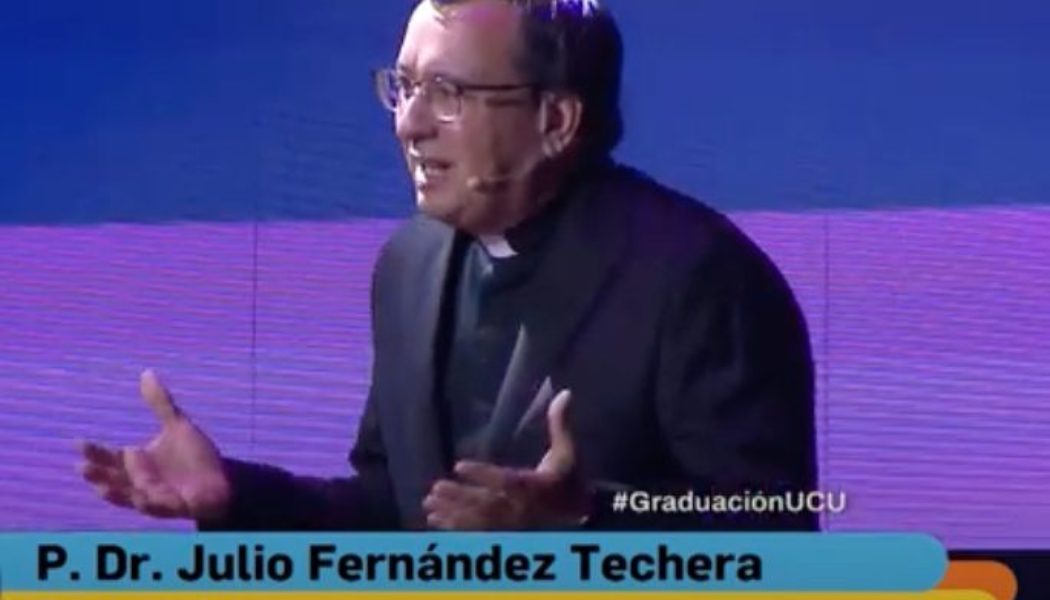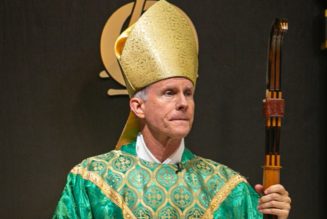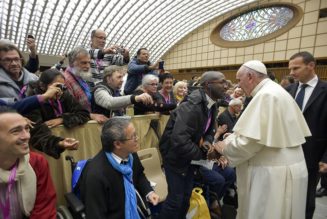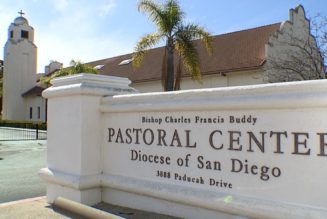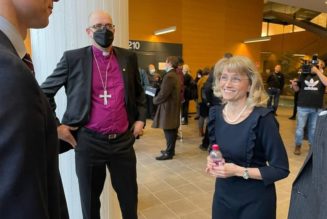
The priest also noted that there are currently 13,995 Jesuits and lamented that “in a few years the society will have disappeared from several European countries and will become insignificant in others in Europe, America, and Oceania.” The only growth is in Africa. In 2013, there were more than 17,200 Jesuits, which means that in just over 10 years, the Society of Jesus has decreased by more than 3,000 members.
For the Uruguayan priest, “the problem is not only that many die and few enter, but also that we do not know how to retain many of those who enter.”
“The reason why we do not have vocations is not because of the secularized society, the changing times, and a thousand other excuses. The reason is that these conditions of our time have cowed us, they overwhelm us, and we do not know how to respond to today’s challenges with the drive and creativity of yesterday,” he pointed out.
Jesuits currently more akin to a ‘progressive NGO’
According to Fernández, the vision of the general report on the Society of Jesus “could perfectly be the view of the world of a secular think tank, with ties to a left-wing political party or a progressive NGO [nongovernmental organization].”
“One does not find in that [evaluation] any of the supernatural or transcendent outlook that would be expected from a religious, apostolic, and priestly order,” he lamented.
“There are many signs in the current life of Jesuit ministries, in the documents that are published and the guidelines that are given, that give the impression that we are in an NGO and not in a religious order,” Fernandez pointed out.
In ‘deep decline’
As Fernández sees it, the Society of Jesus “is in deep decline. It doesn’t know it, or it doesn’t want to know it, which is the same thing. It wants to believe that this is the situation of all the other realities of the Church that surround it and that therefore it is what it should be.”
In his opinion, the society’s leadership “fears that if it speaks clearly to the entire order, its members will suffer and become discouraged. The leaders “prefer to maintain the fiction that things are going well rather than risk recognizing the religious and apostolic decline of the society.”
Regarding the Jesuits’ 2023 general report, Fernández pointed out that “in this entire long document of more than 24,000 words, the word ‘priest’ never appears and only twice ‘priesthood,’ although only to make a reference distinguishing between priesthood in the society and the diocesan priesthood.”
(Story continues below)
Subscribe to our daily newsletter
“I think our attitude is suicidal: We want vocations for the priesthood in the society, but we don’t want to talk about being priests,” he pointed out.
Toward the end of the essay, Fernández recalls that the Jesuits “have a wonderful and necessary charism for the Church, a religious, apostolic, and priestly charism. We have to recover it and live it with passion, boldness, and generosity.”
“To achieve this it is necessary to speak more freely, express clearly what we experience and think and stop being politically correct.”
In conclusion, Fernández expresses his prayer that God “would grant us in this time a living hope to believe that if we put ourselves in his hands and are faithful, we can still rise again and once again be a great service to his Church.”
ACI Prensa, CNA’s Spanish-language news partner, contacted the General Curia of the Jesuits in Rome to request its impressions of Fernandez’s essay. As of publication of this article, no response has been received.
